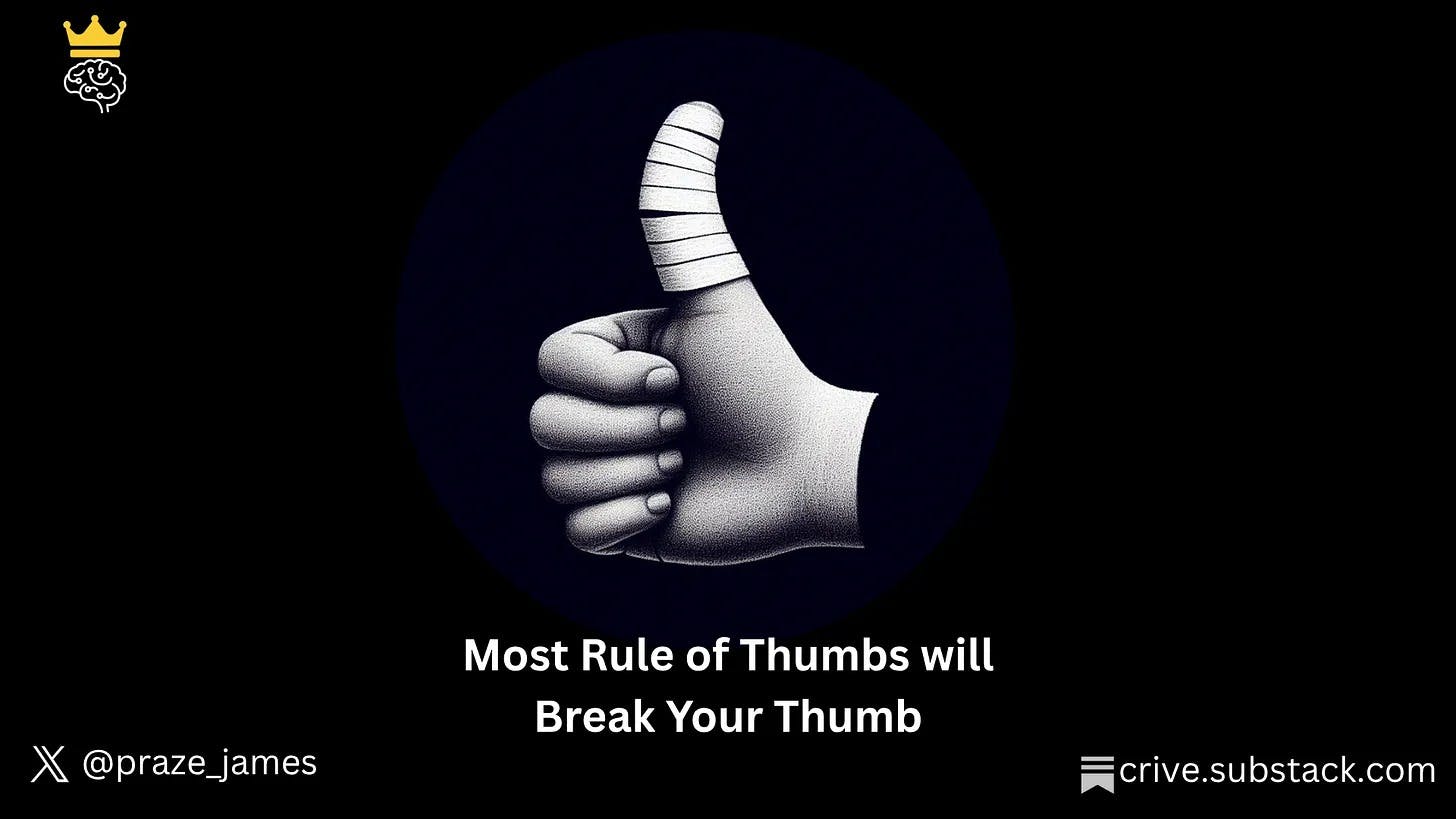
"In the 1930s, a group of New York doctors examined 389 children, revealing that differing opinions among doctors led to inconsistent surgical recommendations, highlighting a reliance on authority rather than precision."
"Taleb refers to probabilistic homicide, where action is taken because it feels better than inaction, even if it leads to negative outcomes. This phenomenon occurs in various fields today, especially digitally."
"Ignaz Semmelweis discovered higher maternal mortality rates in hospitals compared to street births but was dismissed for challenging the existing beliefs, ultimately leading to his tragic end."
"People often resist thinking critically, which can lead to poor decision-making in creative work or business. The oversaturation of untested heuristics contributes to conformity and lack of originality."
A historical examination demonstrates that differing medical opinions can yield inconsistent recommendations with serious consequences. This reflects a broader issue in today’s digital world, where individuals are bombarded with contradictory advice in their creative and professional lives. Overreliance on popular sayings and heuristics can lead to a lack of critical thinking, causing individuals to blindly follow trends without assessing their unique situations. Semmelweis's experience underscores the dangers of rejecting innovative ideas that challenge established norms, emphasizing the need for thoughtful analysis in decision-making processes.
Read at Hackernoon
Unable to calculate read time
Collection
[
|
...
]